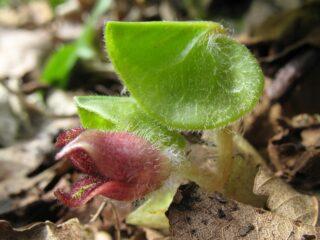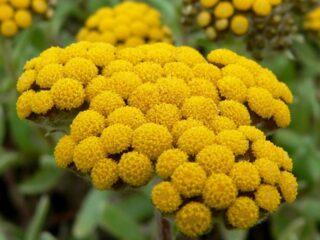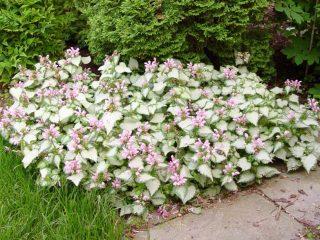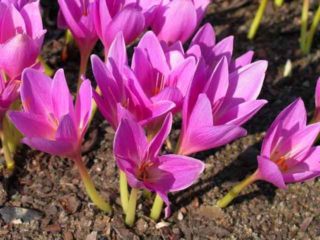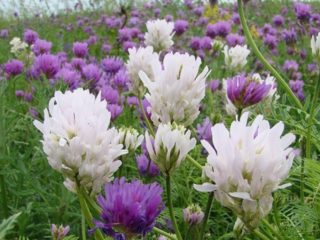Content
Garden purslane is an annual succulent plant, common in areas with a warm climate. It grows in glades, near water bodies, prefers moist sandy loam soils, aggressively occupies cultivated lands, is considered a weed. Having studied the medicinal properties and contraindications of the garden purslane, it can be used with maximum health benefits.
The value and composition of purslane
Purslane is used not only for therapeutic purposes, it is grown as a vegetable crop. Due to its low calorie content and high concentration of vitamins, macro- and microelements, the garden plant is included in the diet menu for weight loss.
The culture is used in folk medicine for local and internal use. Purslane is also used for cosmetic purposes.
The composition is quite varied, the green mass contains:
- vitamins: choline, thiamine, riboflavin, pyridoxine, folates, PP, NE;
- ascorbic and pantothenic, organic acids;
- proteins;
- norepinephrine;
- Sahara;
- saponins;
- alkaloids;
- trace elements: iron, nickel, copper, zinc, manganese;
- macronutrients: phosphorus, magnesium, potassium, calcium, sulfur, sodium.
The seeds of the plant have a high concentration of fatty acids: palmitic, linoleic, oleic.
Why is purslane useful?
Useful properties of vegetable purslane were used in the days of Hippocrates. Vitamin C, promotes the absorption of iron, normalizes the level of red cells in the blood. Improves the condition of the walls of blood vessels.
Macronutrients at the cellular level regulate water and electrolyte balance, stabilize the conduction of nerve impulses. They improve the work of the heart muscle, exclude the manifestations of hypomagnesemia, leading to hypertension.
The garden plant has a beneficial effect on the body. It has the following properties:
- diuretic;
- regenerating;
- antitoxic;
- vasodilator;
- immunomodulatory;
- hemostatic;
- sedative;
- anthelmintic;
- laxative;
- antibacterial.
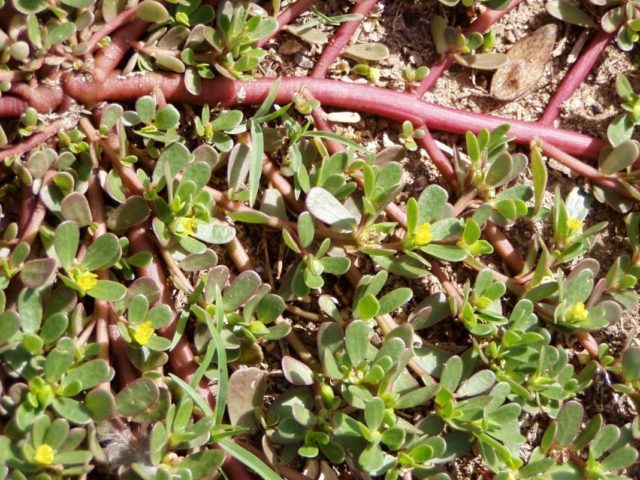
For storage, raw materials are harvested from side shoots, they have a softer structure
What diseases does it help
The spectrum of action of the garden purslane is quite extensive, it is used to eliminate a number of pathologies:
- Due to the plant's ability to lower blood sugar, it can be used to treat mild diabetes.
- With neurodermatitis or psoriasis, the use of a garden crop in the form of lotions helps. The liquid relieves puffiness, itching and flaking.
- The amino acids in the plant break down fats, thereby preventing the accumulation of cholesterol.
- Purslane is beneficial for urolithiasis, harm to health in this case consists in exceeding the dosage during the period of exacerbation of the pathology.
- Decoctions and infusions for cystitis are shown. They act as anti-inflammatory agents.
- Eyes are washed with water infusion for conjunctivitis.
- Use decoctions for bleeding gums.
- Purslane helps with asthma.
- The plant normalizes the digestive tract, eliminates flatulence, dysbiosis.
- Garden purslane is used for high blood pressure.
- Drink with arrhythmia, insomnia, irritability.
- Infusions effectively help get rid of helminthic invasion. They affect the muscle structure of the parasites.
The culture is effective in healing wounds, helps in rapid tissue regeneration, and acts as an antimicrobial agent.
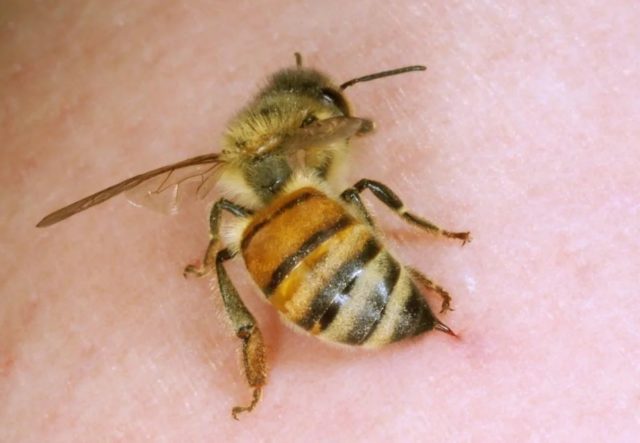
The benefits of garden purslane are manifested in bee stings, the juice of the plant relieves redness and inflammation
Extract from seeds is used for scaly lichen. Broths help with sexually transmitted diseases. The benefits of garden purslane are noticeable in the treatment of male impotence. The use of decoctions significantly increases potency.
The use of purslane in traditional medicine
Alternative medicine recipes use the green mass of garden purslane and seeds. Procure them separately. The plant is used to make decoctions, infusions. For the treatment of skin pathologies, the juice of a fresh garden purslane is used. The chemical composition of the plant has antioxidant properties. Therefore, the use of the culture is possible to prevent the growth of tumors.
Benefits of purslane for constipation
The benefits of purslane garden from constipation is due to the concentration of substances that normalize the intestinal microflora. They stimulate peristalsis, have a hyperosmotic effect, break up feces, and normalize the rhythm of digestion. They consume fresh leaves of garden purslane in unlimited quantities during the growing season. In winter, an infusion is prepared from dry raw materials, which will require:
- 2 tbsp. l. crushed dry leaves and stems;
- 200 ml of boiling water.
Dried purslane is poured into a thermos, poured with hot water and insisted for 5 hours. Then filtered. The daily rate is divided into 2 parts. I drink the first portion early in the morning, the next 2 hours later. It is taken on an empty stomach. The course depends on the speed of action.
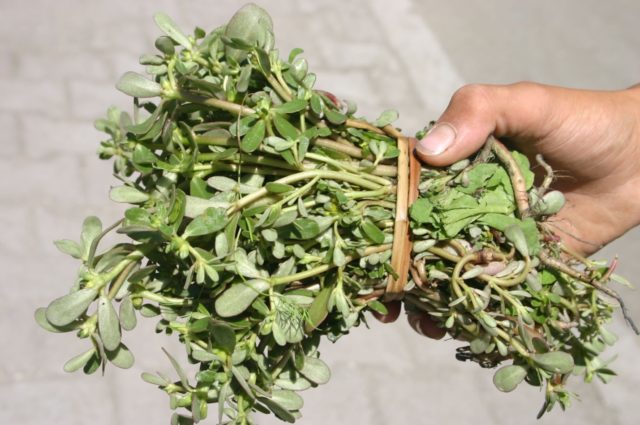
For topical use, use the juice or leaves of the garden purslane
For skin diseases
The benefits of purslane in skin diseases are due to the regenerating, soothing, anti-inflammatory effect. It is used for purulent formations, weeping eczema, non-healing wounds, psoriasis and neurodermatitis.
Recipe:
- purslane seeds - 20 g;
- water - 200 ml.
The seeds are placed in a container, poured with liquid and boiled for 20 minutes over low heat. The agent is left to cool completely.
The broth is filtered, moistened with a clean cloth and applied to problem areas. The procedure is repeated three times a day, the course is 1 week.
For insect bites
Bee stings are accompanied by swelling, pain. The poison causes inflammation of the affected area. After mosquito bites, red spots appear on the skin with itching symptoms. The benefits of purslane are anti-inflammatory and the ability to reduce swelling.
When scratching, there is a high probability of getting into open wounds of infection, in this case the plant acts as an antibacterial agent. Use juice or leaves. The leaf plate is cut lengthwise and fixed on the affected area. You can get a thick substance with a blender. It is placed on a cloth and secured in place of the bite.
With diabetes
Purslane is used to treat second-degree diabetes. Reception stimulates the production of insulin by the pancreas, which promotes the absorption of glucose at the cellular level. The benefits of the plant are undeniable, but only at an early stage and with a slight increase in blood sugar.
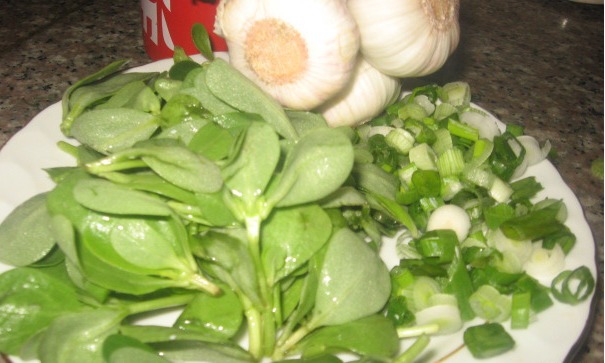
Purslane is used fresh in summer.
It can be added to vegetable salads. In winter, an infusion is made from dry raw materials of the aerial part. Prepare a daily dose of 1 tbsp. l. chopped leaves and stems and 200 ml of boiling water. Raw materials are poured into a thermos, insisted for 12 hours.It is taken after meals 4 times a day. The course of treatment takes two weeks, then a 5-day break, according to this scheme, the drug can be drunk for six months.
With diseases of the genitourinary system
The benefits of garden purslane are antibacterial. It is used for douching for cystitis or sexually transmitted diseases. Make a decoction of 5 tbsp. l. raw materials and 0.5 liters of water. Boil for 10 min, filter and use. The course is completed when the unpleasant symptoms disappear.
For internal use, make a decoction of 2 tbsp. l. raw materials and 200 g of water, brought to a boil, infused for 4 hours, filtered. Drink 1 tbsp. l. with an interval of 2 hours. The course is 7 days.
For the health of the heart and blood vessels
The benefits of purslane for the cardiovascular system lies in the ability of the plant to improve the elasticity of the walls of blood vessels, increase the lumens and strengthen the heart muscle.
In folk recipes, the plant is used as a compress on the area of inflamed veins, a decoction is made from 10 g of seeds and 150 ml of water. Moisten gauze and apply to the problem area. For oral administration, make an infusion of dry leaves (2 tablespoons per 400 ml of water). Insist 2 hours, drink 1 glass in the morning.
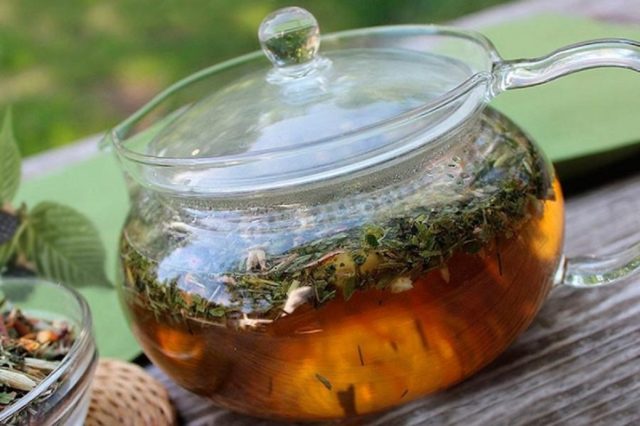
The daily norm of a purslane-based product should not exceed 250 ml
With diseases of the gastrointestinal tract
The benefits of a medicinal plant are hemostatic. It is used to treat ulcers, colitis. The rich chemical composition improves digestive function, helps restore microflora, stimulates the production of secretions in the stomach.
Fresh garden purslane is consumed in summer. In winter, make a tincture. Pour 30 g of dry raw materials with 150 ml of boiling water, leave for 4 hours, filter. Take 50 g 3 times after meals. This is the daily rate, the course of treatment depends on the symptoms, but not more than two weeks.
How to use purslane
The benefits of purslane in cosmetology and cooking are undeniable. Facial masks, decoctions are made from the plant to improve the structure of the hair. A low-calorie plant that is high in protein, amino acids and vitamins is included in weight loss diets.
In cosmetology
The healing properties of purslane are used in cosmetology to improve the condition of the skin. The benefits of the plant lie in the ability to relieve inflammatory processes in the epidermis with acne. Masks based on garden purslane nourish and moisturize the skin, get rid of mimic wrinkles.
Mask composition:
- crushed leaves of a plant - 2 tbsp. l .;
- curd mass - 60 g;
- sour cream - 60 g.
The ingredients are mixed and applied to the face. Stand for 20 minutes. Wash off with warm water.
To improve the structure of the hair, an infusion is made from dry leaves, rubbed into the head after washing the hair, left for 25 minutes, washed off.
When losing weight
The benefits of the plant for getting rid of excess weight is due to its rich vitamin composition and a significant set of active ingredients that improve the functioning of the digestive tract. Diets include a fresh plant in the form of a salad. Eating reduces hunger, improves metabolic processes, and gets rid of excess weight. Low-calorie salad has a diuretic property, removes excess water from tissues, toxins and toxins from their body.
In cooking
The green mass of purslane is juicy, the leaves are fleshy. There is a slight concentration of acid in the taste, the plant has a pleasant vegetable aroma. The culture is included in salads, combined with garlic arrows, with the addition of spices, you get a good seasoning for meat. Prepared with onions, tomatoes and eggs in a pan.
There are quite a lot of recipes, you can choose for every taste.
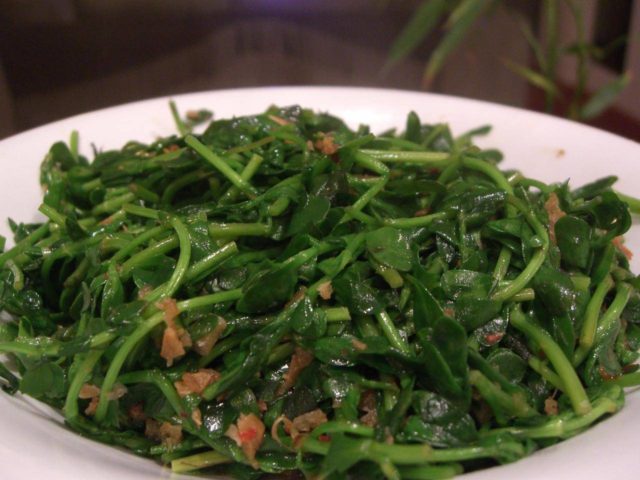
Purslane salad is a low-calorie dish with a high gastronomic score
Application rules
If there are no contraindications, garden purslane can be used without restrictions. The benefits of green mass are beyond doubt, you will not eat much of it, so there are no special recommendations here. Taking purslane in the form of a decoction or infusion is recommended according to the dosage indicated in the recipes. If the condition worsens, it is better to refuse treatment. some people have individual intolerance. Local use as lotions is not limited, the broth is used until the inflammatory process disappears.
Is it possible to purslane during pregnancy and hepatitis B
A plant with a set of nutrients can be included in the diet of pregnant women in the form of salads. It is better to refrain from using folk recipes. Can be used as a cosmetic product. When breastfeeding, purslane is not consumed in any form, the rich chemical composition can cause allergic reactions, diarrhea and indigestion in the child.
Limitations and contraindications
The useful properties of garden purslane are quite extensive, but there are a number of contraindications. You can not take the remedy in the following cases:
- with chronic diseases of the kidneys and liver;
- women during lactation;
- with arrhythmia;
- if your blood pressure is low;
- with high hemoglobin;
- with epilepsy and severe nervous disorders.
Rules for the collection and procurement of raw materials
The aboveground part of the garden purslane is harvested before flowering, when the shoots grow no more than 15 cm. Cut the stems together with the leaves. The plant is a ground cover, so it must be well washed from soil residues. After processing, they are hung in a room with good ventilation, and left for 2 days. Then the garden purslane is cut into small pieces and laid out in a thin layer on the surface.
After drying, the raw materials are placed in a paper or canvas bag, stored at low humidity. The seeds are harvested after they have ripened. Flowers are cut and laid out on a napkin, then the seeds are removed, dried, you can use the oven, setting the temperature to +400FROM.
Conclusion
Given the medicinal properties and contraindications of the garden Purslane, the culture is used not only in alternative medicine, but also in cooking, cosmetology. A low-calorie plant with a rich chemical composition is a good option when drawing up a diet for weight loss.




